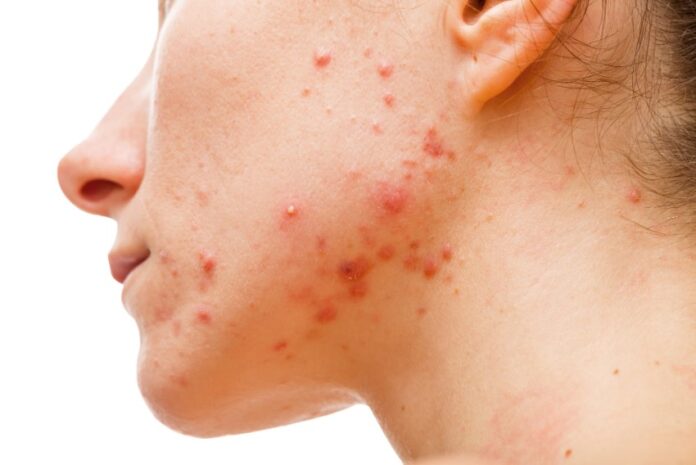Are you struggling with acne?
The best way to know how to treat your acne is to understand what type of acne you have. Hormonal acne is a serious concern because it mainly mimics acne in adults but is much more severe and can result in long-term damage.
This guide will cover everything you need to know before visiting a dermatologist about removing your acne.
Keep reading to learn about hormonal cystic acne and how to get rid of it.
Symptoms of Hormonal Cystic Acne
Hormonal cystic acne is a type of acne that is characterized by large, deep, and painful breakouts. These types of acne are often accompanied by other symptoms, such as excessive oiliness, redness, and inflammation.
Hormonal cystic acne is most common in teenagers and young adults, but it can affect people of any age. The acne may also accompany other symptoms, such as excess hair growth, weight gain, or irregular periods.
The Causes
This type of acne is caused by an imbalance of hormones, which can be triggered by a variety of things, including stress, diet, and certain medications. also this can be due to puberty, menstruation, pregnancy, or menopause.
It can also be caused by certain medications, such as birth control pills or testosterone therapy.
Treatments
There are various acne treatment options available for hormonal cystic acne, including oral contraceptives, which can help regulate the hormones responsible for causing acne: another option is anti-androgen medications and topical retinoids.
Aczone gel is a topical retinoid that is approved for the treatment of acne. The Aczone gel price can be checked online anytime. Another option is to use an oral contraceptive. Several natural treatments can be effective, such as tea tree oil or a probiotic supplement.
Prevention
There are a few things that you can do to help prevent and treat breakouts. It is essential to wash your face twice a day with a gentle cleanser. Be sure to avoid harsh scrubbing, irritating the skin, and making breakouts worse.
If you are experiencing breakouts, avoiding picking or squeezing the pimples is essential, as this can cause them to become infected. Instead, try using a spot treatment to help dry up the pimples.
Finally, try to reduce stress in your life as much as possible, as stress can worsen hormonal cystic acne.
Home Remedies for Hormonal Cystic Acne
There are a few home remedies that can help reduce the appearance of cystic acne and even prevent it from recurring. One of the best home remedies for hormonal cystic acne is to change your diet.
Eating foods rich in Vitamins A, B and C can help regulate hormones and reduce the inflammation that leads to breakouts. Incorporating more healthy fats into your diet can also help control acne by reducing the amount of sebum your skin produces.
Also, home remedies such as aloe vera, tea tree oil, and apple cider vinegar can effectively reduce the inflammation and redness associated with this type of acne.
Hormonal Cystic Acne Is Caused by Hormones
Hormonal cystic acne is a type of acne that is caused by hormones. There is no one-size-fits-all solution to hormonal cystic acne, but there are treatments that can help.
Talk to your dermatologist about the best treatment options if you have hormonal cystic acne.
Are you looking for more tips? Be sure to check out our blog.










